ABOUT US
We can’t reform a punishment system. We must abolish the family policing system and invest in care and healing.
OUR MISSION
upEND’s mission is to advance the abolition of the family policing system by providing political education and resources that equip organizers, bridge gaps between liberation movements, and promote abolitionist approaches to serving families and communities.
OUR VISION
We envision a society where communities can live without the threat of forcible separations and surveillance that targets Black, Indigenous, and Latine families. We believe liberation requires ending the intersecting carceral, capitalist systems that create violent state interventions in our lives.
upEND believes that children are best supported and cared for in their families and communities. Current “child welfare” interventions are based on a historical ideology of surveillance, separation, and punishment to control families and communities. This history includes chattel slavery, genocide of Indigenous peoples, and erasure of culture and peoples through separation and assimilation. Today, this history plays out in forcibly separating families in response to poverty, immigration, incarceration, and other societal failures. Because of this, upEND believes that “child welfare” systems are better described as family policing systems.
upEND advocates for dismantling these harmful systems and shifting power and resources to innovations, organizers, and community-based supports that truly help children and families. upEND focuses on promoting solutions that address the core economic, social, and structural reasons that cause children to be considered unsafe. This includes advocating for investments that address poverty, food insecurity, lack of affordable and safe housing, and lack of accessible health care, child care, and meaningful prevention services. This also includes imagining and promoting non-punitive ways of addressing harm and promoting healing so children are safer and families thrive. Ultimately, upEND works to make the current system of foster care obsolete.
Meet the Staff
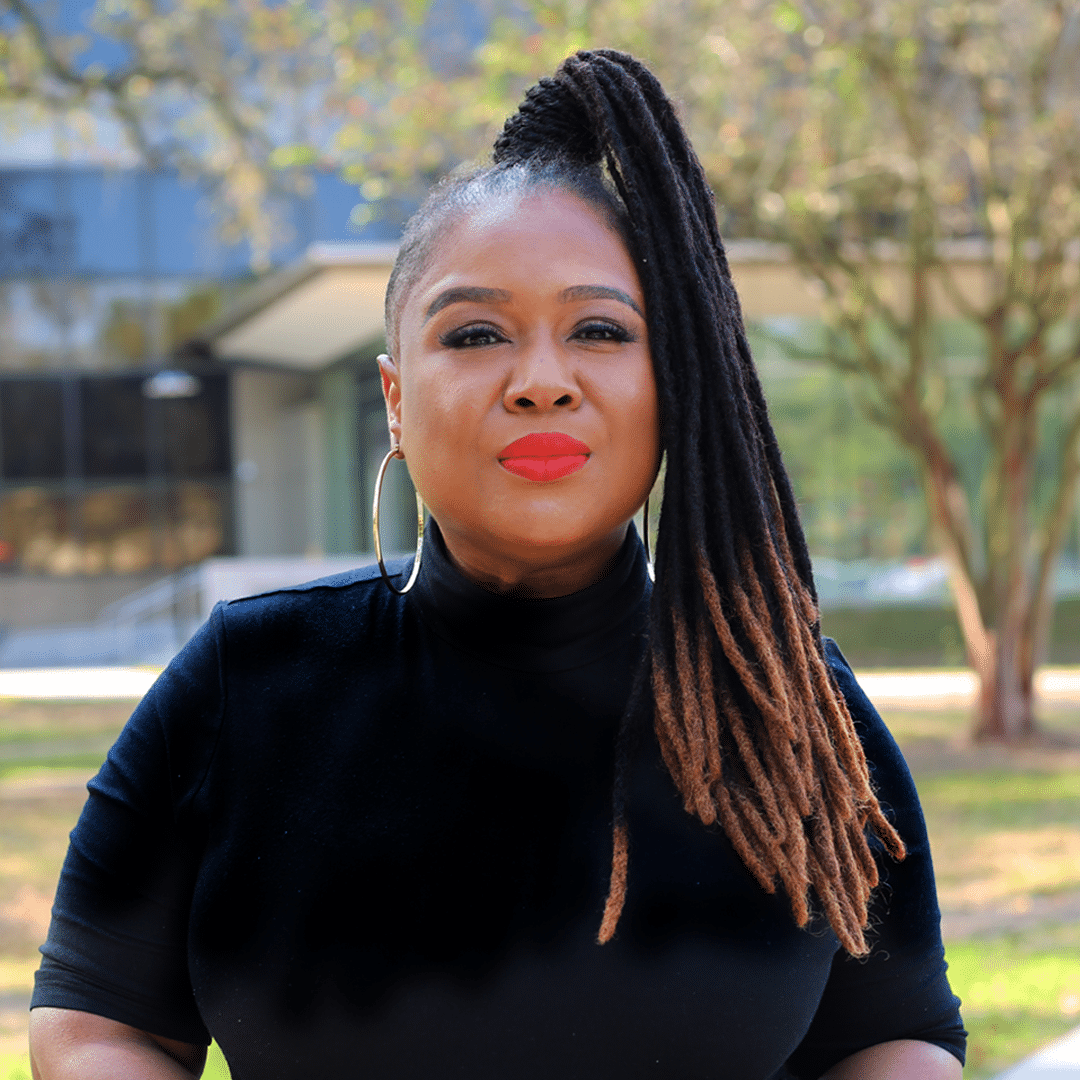
Josie Pickens, Program Director
Josie Pickens is a Houston, TX-based organizer, educator, journalist, and culturalist whose writings and public conversations focus on race, gender, and sexuality. Josie has been regularly published in Ebony, Essence, Bitch, The Root, Cassius, Mic, and more. She has more than twenty years of community organizing experience where her focus has been prison-industrial-complex-abolition, family policing system abolition, and building mutual aid networks.
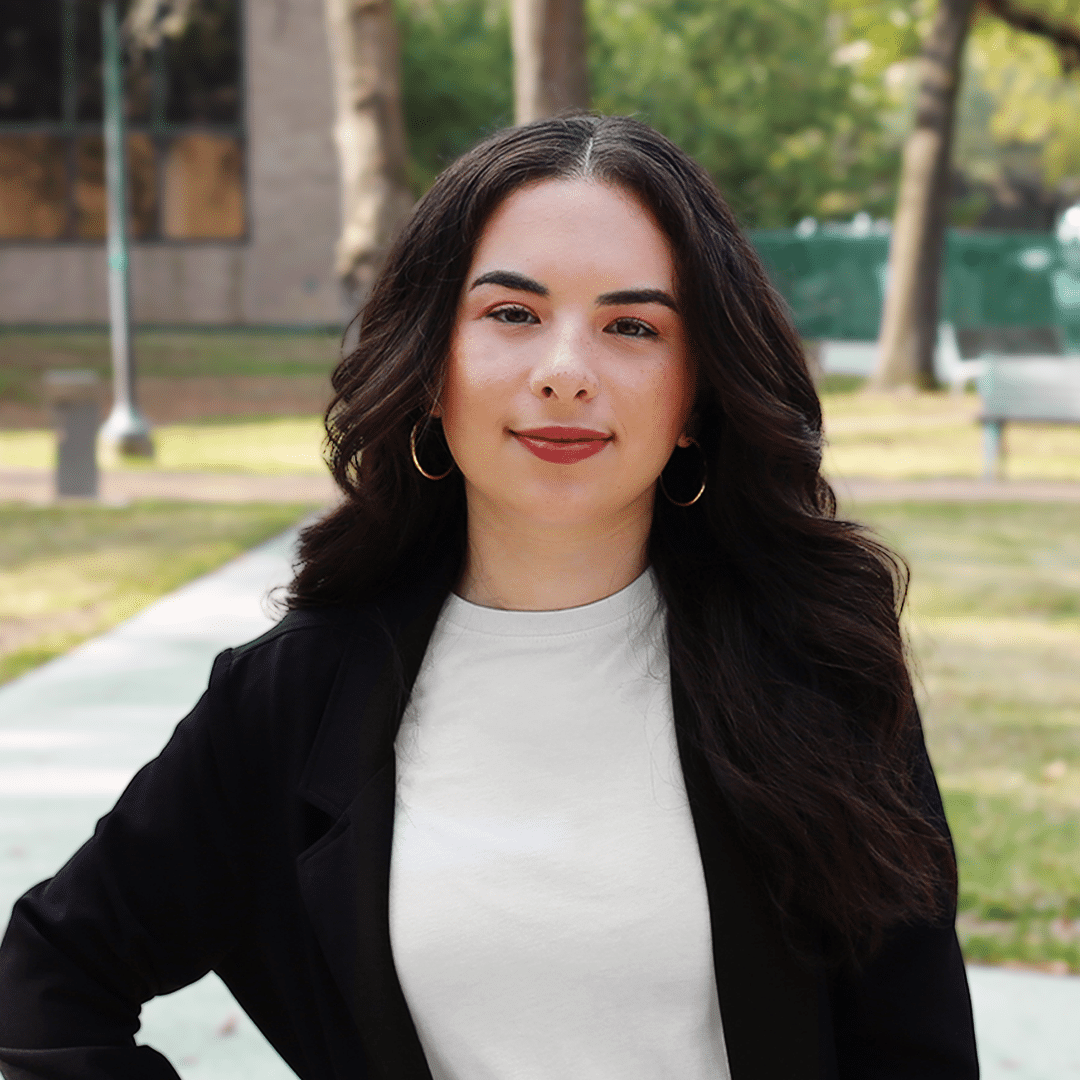
Sydnie Mares, Communications Manager
Sydnie Dan’el Mares is a creator committed to supporting and uplifting marginalized communities through an abolitionist lens. Sydnie uses her experience in graphic design, video production, and communications to build a future free of carceral systems where Black, LGBTQ, and immigrant communities can thrive.
upEND Advisors
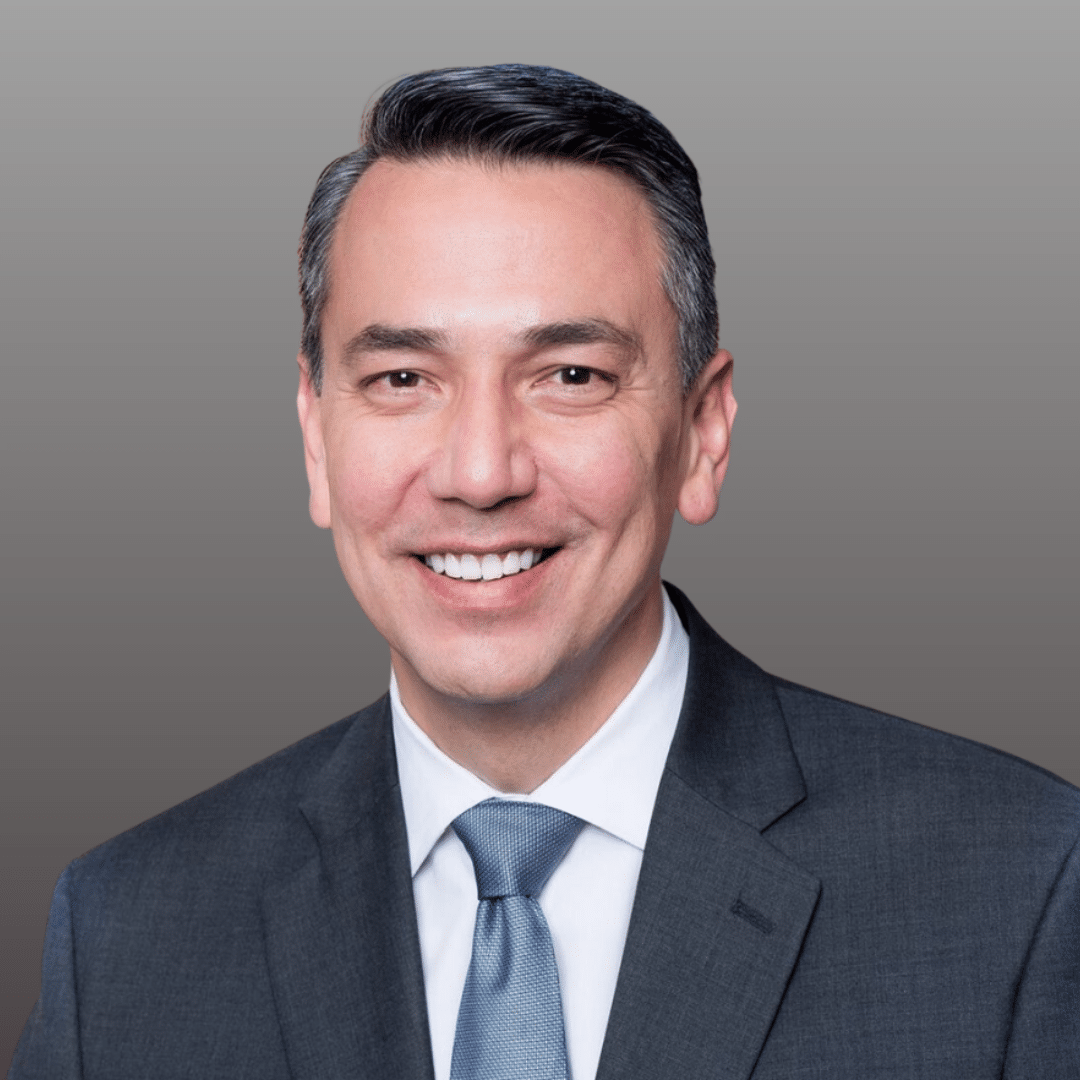
Alan Dettlaff
Alan Dettlaff is a scholar, author, and abolitionist. Alan began his career as a social worker in the family policing system. Today his work focuses on ending the harm that results from this system. He is author of Confronting the Racist Legacy of the American Child Welfare System: The Case for Abolition, published by Oxford University Press in 2023.
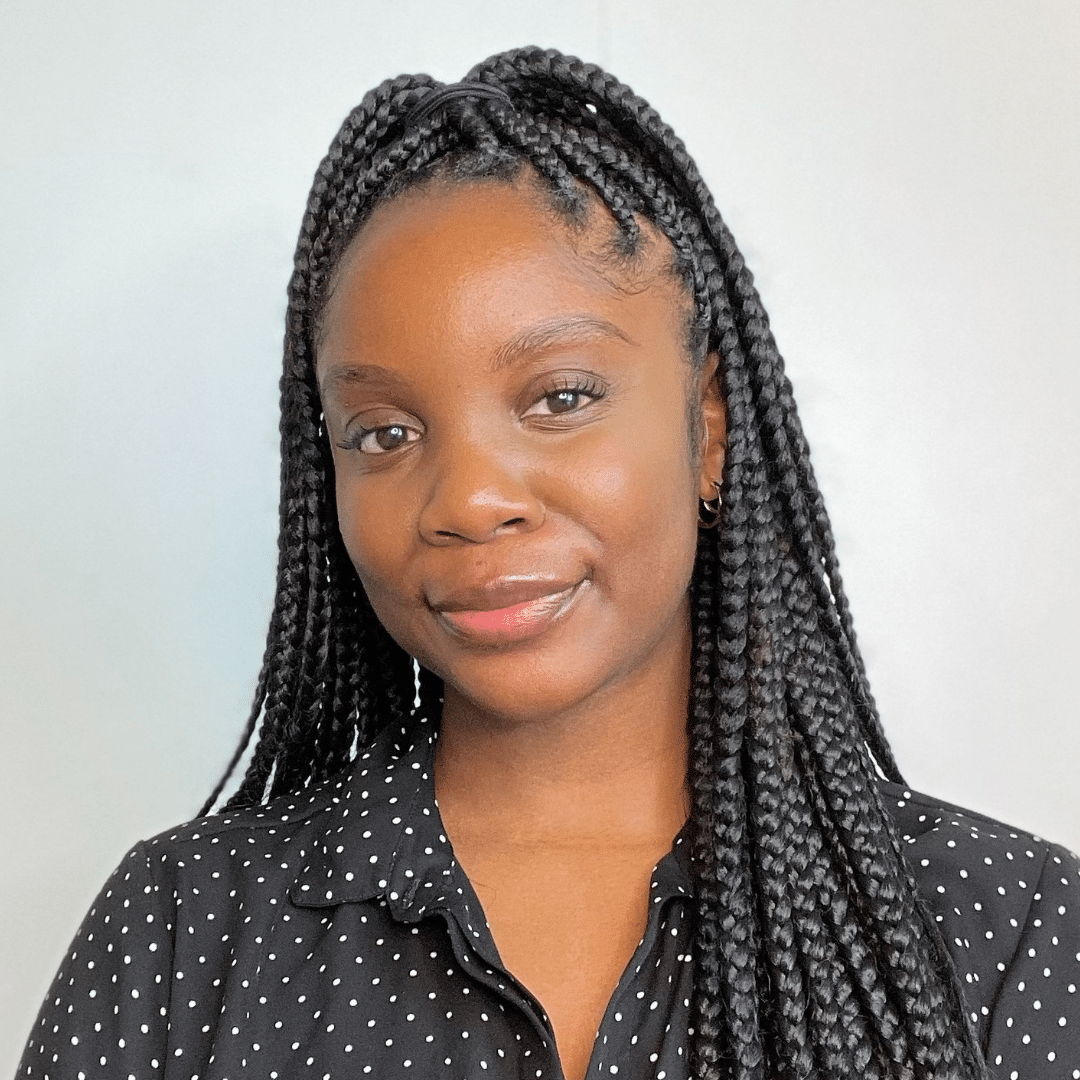
Maya Pendleton
Maya Pendleton has been a part of the upEND movement since its inception. She currently works as researcher and writer for the upEND movement, focusing on how we abolish the family policing system, the harms of the current system to children, families and communities, and the world we will build post family policing.
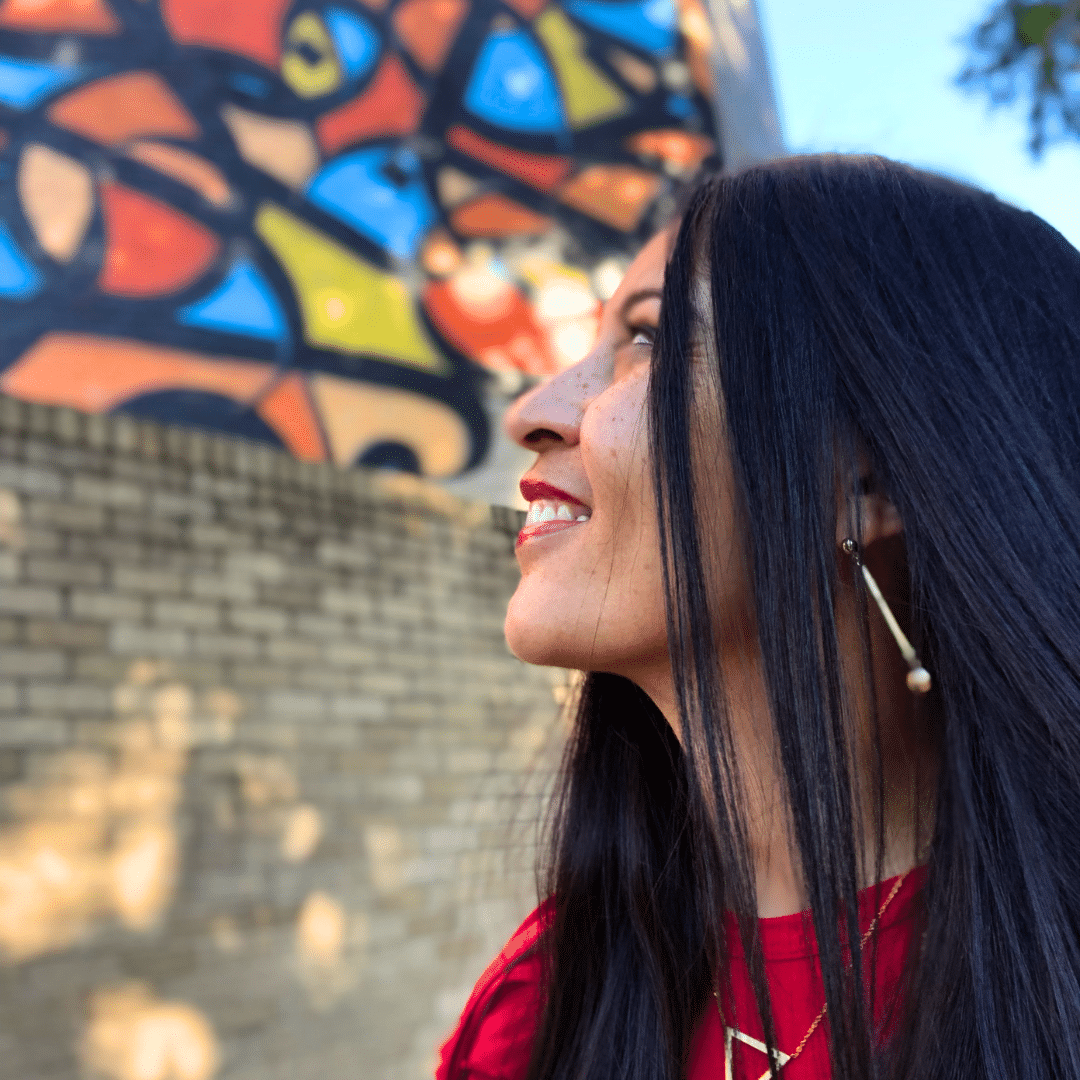
connease warren
connease warren (she/her) is a veteran communications strategist and writer who has led bold, innovative campaigns centering racial justice and abolition. connease thinks daily about ways the written word advances and sustains abolitionist conversations, ideas, and actions. She believes joy is an act of revolution that she pursues through reading and writing poetry, singing, practicing yoga, roller skating, and hiking.
Subscribe to the upEND Newsletter